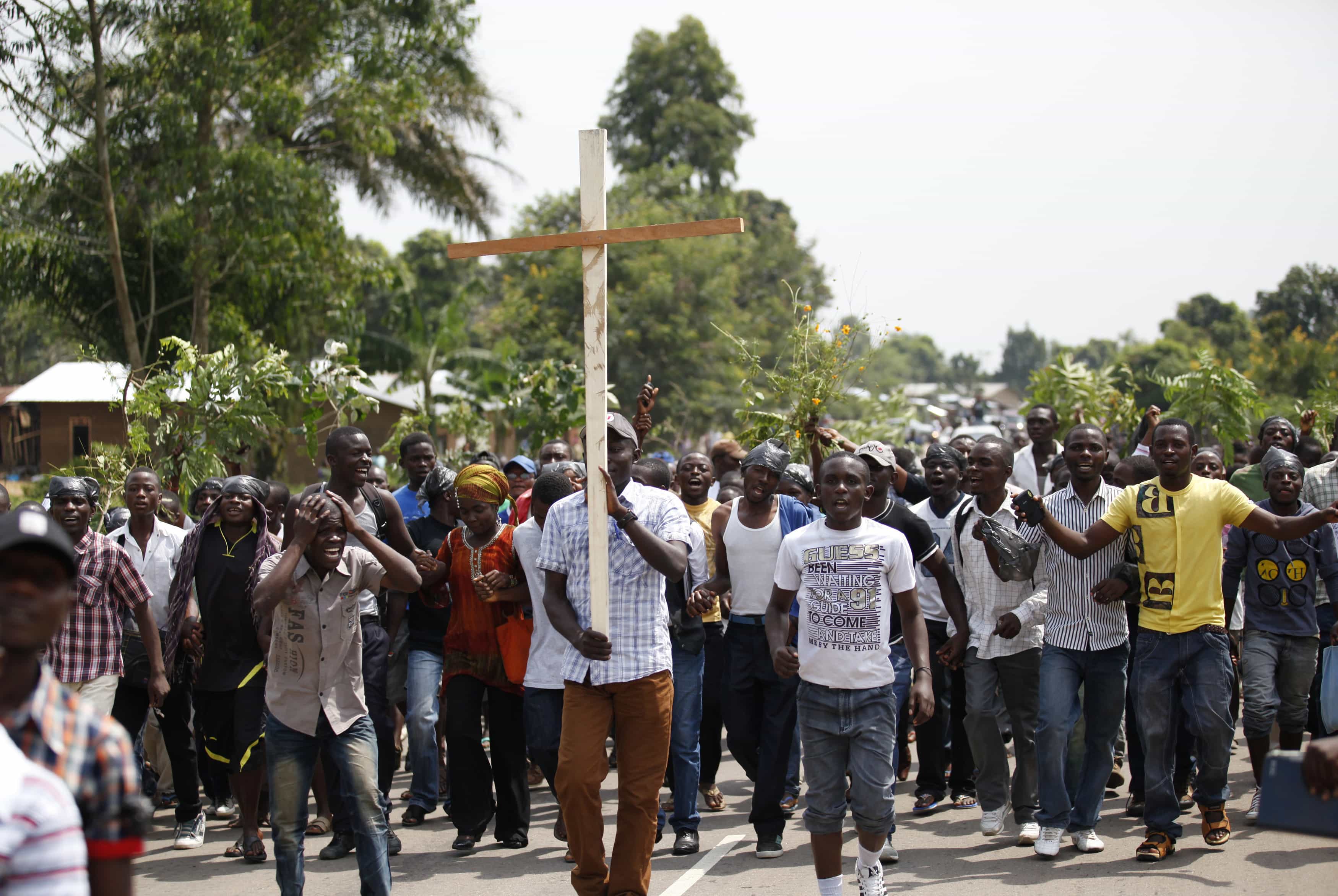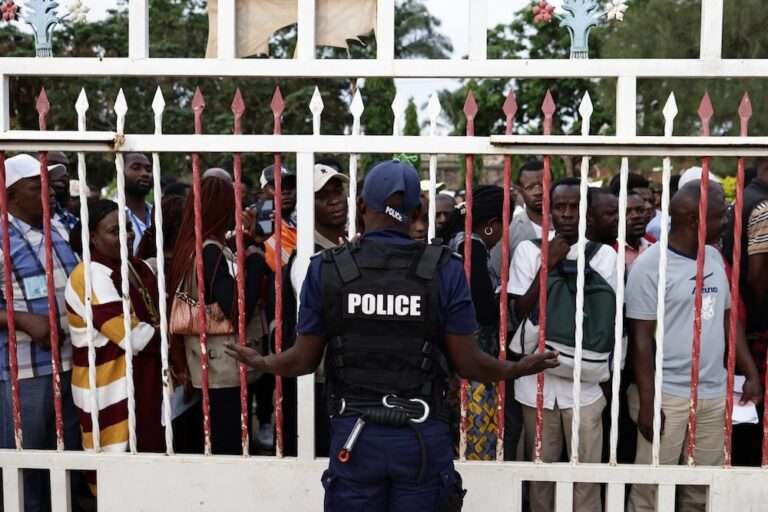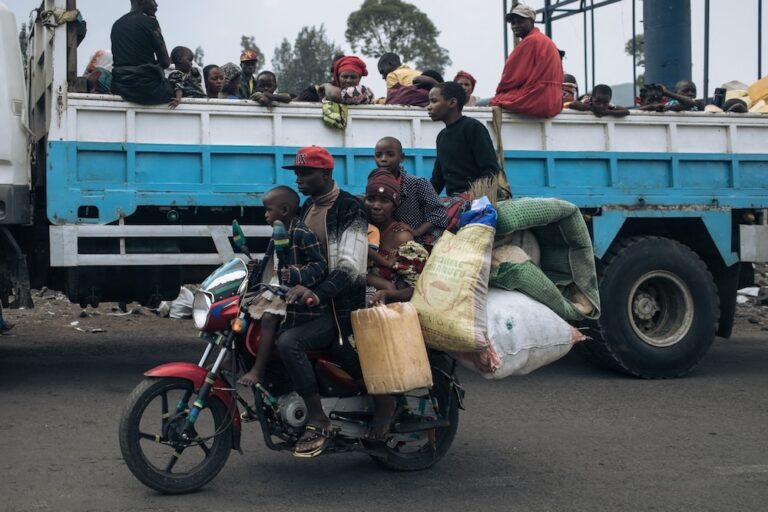Reporters Without Borders condemns attempts by military and civilian officials in the eastern province of Nord-Kivu to prevent journalists from covering the murder of an army colonel, Mamadou Ndala, in an ambush near the city of Beni on 2 January.
Reporters Without Borders condemns attempts by military and civilian officials in the eastern province of Nord-Kivu to prevent journalists from covering the dramatic murder of an army colonel, Mamadou Ndala, in an ambush near the city of Beni on 2 January.
Several journalists in Beni and the neighbouring Butembo region have been the targets of intimidation attempts in the course of trying to report on the murder.
“We condemn the threats that civilian and military officials have made against journalists covering Col. Ndala’s murder and the ongoing investigation,” Reporters Without Borders said.
“The media must be allowed to do investigative reporting and to talk freely about this case without being constantly harassed. Censuring the media’s coverage of this murder just draws attention to the behind-the-scenes rivalries that are affecting the investigation.”
Reporters Without Borders added: “We urge the military high command to order their officers to stop this intimidation and we call on the civilian authorities to formally tell the media that they can safely talk about Col. Ndala’s murder, because this information is in the public interest.”
Col. Olivier Amuli, the spokesman of the Armed Forces of the Democratic Republic of Congo (FARDC) in Nord-Kivu, publicly threatened two journalists – Austere Malivika of Voice of America and Keny Katombe of Reuters – on 15 January.
He accused them of “sticking their noses into the army’s business,” in particular, trying to cover the army’s operations against the ADF/NALU Ugandan rebels. And he threatened them with the same fate as journalists in other parts of Africa such as Moussa Kaka (imprisoned in Niger) or Ghislaine Dupont and Jean Hélène (murdered in Mali and Côte d’Ivoire respectively).
This public threat followed several attempts by Col. Amuli to intimidate them by phone, especially as regards video footage that was filmed a few minutes after the attack on Col. Ndala’s convoy, which Amuli wanted to prohibit.
When reached by Reporters Without Borders, the FARDC spokesman for the 8th military region denied that any journalists had been threatened and insisted that the armed forces had a “good partnership” with the media.
Beni’s local media has also been affected by the censorship. Col. Dieudonné Muhima asked Beni’s mayor to prevent local reporters from meddling in the case.
On 7 January, Nord-Kivu governor Julien Paluku Kahongya asked the region’s journalists not to cover Col. Ndala’s murder because this was “obstructing the investigation.” He reversed his position at a news conference two days later, after talking to Reporters Without Borders.
Members of the National Intelligence Agency (ANR) threatened freelance reporter Alain Wandimoyi and Agence France-Presse stringer Albert Kambale in Butembo on 4 January, accusing them of knowing too much about Col. Ndala’s death and insisting that they surrender the material they had gathered on the case.
Col. Ndala, who headed the 42nd Battalion’s Rapid Reaction Unit, has been posthumously promoted to brigadier-general. The exact circumstances of his death and the identity of those responsible have not yet been established.
He was combatting the ADF/NALU Ugandan rebels at the time of his death and was very popular with the region’s media because he was always very open and ready to talk to them.
Democratic Republic of Congo is ranked 142nd out of 179 countries in the 2013 Reporters Without Borders press freedom index.



